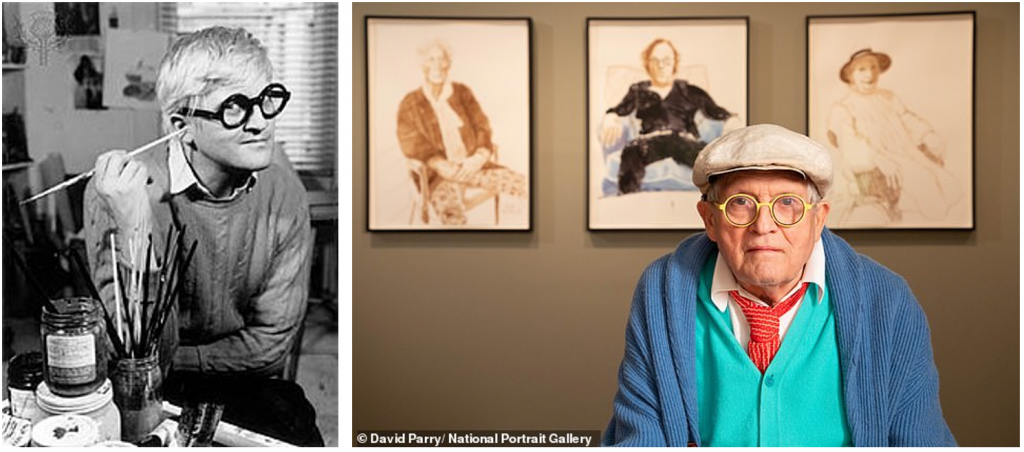David Hockney is not a scientist. He is one of the most important British painters of the twentieth century, best known for his contributions to the 1960s pop art movement. As an artist, his contrarian views on Vermeer’s possible use of a camera obscura should be taken seriously. As a contrarian on the subject of smoking, his views on smoking and COVID-19 should be taken with a grain of salt.
COVID-19 myths are potentially contagious and liable to ‘go viral’ worldwide. The last thing we need now is a ‘misinfodemic’ in the midst of the COVID-19 pandemic. What the world needs is more research, more evidence. The Foundation for a Smoke-Free World supports such research, and welcomes discussion with potential new research partners in this field.

In a blog on April 14, I noted that “the relationship between smoking and COVID-19 is complex, possibly counterintuitive, and rarely reported accurately in the press.” I also highlighted the need for more research to address current knowledge gaps surrounding the virus, smoking, and alternatives to combustible cigarettes (e.g., e-cigarettes or snus).
On the same day my blog was posted, researchers at the University of Southern California published “Public health concerns and unsubstantiated claims at the intersection of vaping and COVID-19.” Their key findings were that the public is deeply confused, and that more research is needed.
But will our research priorities be the right ones? In an April 9 blog, I pointed out that current tobacco control research priorities seem heavily focused on tobacco-related risks, and give little attention to potential benefits from tobacco harm reduction innovation.
On April 21, The Tobacco Atlas — a partnership between the American Cancer Society and Vital Strategies — noted, “there is currently no evidence supporting a direct connection between e-cigarette use and contracting COVID-19” and there is “little direct evidence that e-cigarette use affects COVID-19 outcomes.” So nicotine vaping could increase, decrease, or have no effect on COVID-19 risk.
More research is needed. And lives are at stake. Vulnerable populations are at greatest risk from both COVID-19 and smoking (even without coronavirus), including people with limited economic resources, members of minority ethnic groups, and individuals who live with mental health conditions.
The Foundation for a Smoke-Free World is keenly interested in opportunities to collaborate on research to address relevant knowledge gaps. For example:
Researchers can contact us here to explore potential collaborations.
My view
In my opinion, we would all be better off if the press ignored public health advice from artists and movie stars who lack the credibility to accurately relay or interpret current evidence. That said, to paraphrase my favorite character (a painter) from Kurt Vonnegut’s Cat’s Cradle, everyone is self-taught in the end.
Educated consumers are often better informed about the products they use than self-professed ‘experts’ who have fixed views about those products. Ultimately, we all benefit when public health guidance is based firmly on evidence. Evidence can be a powerful vaccine against misinfodemics.
© 2023 Foundation for a Smoke-Free World. All rights reserved.